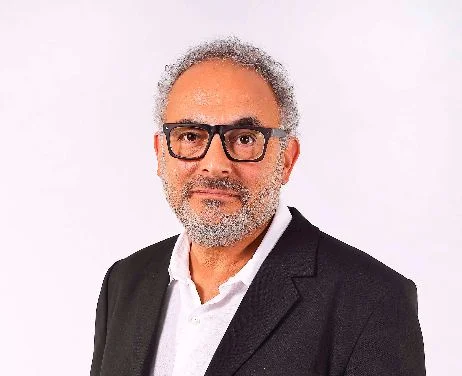Paulo Nassar
President of Aberje (Brazilian Association of Business Communication)
Professor at ECA-USP (School of Communication and Arts, University of Sao Paulo)
Brazil is facing the most significant crisis in its history. The country has experienced a great deal of economic turmoil and unprecedented social, political and ethical instability. This has also generated a serious crisis in Corporate Communication because of the impact that these issues have on the country’s identity, image, reputation, its people and institutions. The current situation offers a challenge for communication professionals who will operate in Brazil under the watchful eyes of the global community.
Overcoming the crisis will depend on our ability to communicate to the world the actions that Brazilians are taking to restructure and modernize the State, such as reforms in administrative governance, politics and ethics. In addition, we must give greater visibility to how we manage our relationships with society, its citizens and its entrepreneurs. In the field of global business communication, a few people know about the excellent training Brazilian communicators receive, and the support of institutions like Aberje (Brazilian Association of Business Communication), who have expanded the dialogue between Academia and Market, not only helping to produce more competent and versatile professionals, but as well to enhance a public interest agenda.
Promoting Brazil as a country of the future is the greatest contribution the communication community can make to our nation at this time. This change in perception should attract investment in innovation and infrastructure, and promote the development of technologies of the future. Examples of this can be seen in the biotechnology sector, which benefited from Brazil’s biodiversity research, and in urban transport, which has facilitated mobility and created an inclusive city for its people.
The exposure of corruption in Brazil reveals only one side of the country to the world. Although real, it does not acknowledge the dynamic and thriving nation that we have become. It is no easy task to purge corruption and change the political structure of a country. Brazil has proven to be a strong democracy, despite its imperfect institutions, and it is working to implement new standards of transparency and ethics in its business practices.
All of this will only be possible with a robust and structured communication effort in our companies and institutions that, as part of a public dialogue, plays a central role in strengthening the country’s narrative and reestablishing international credibility and confidence in Brazil.
This shows also the importance of having a player as Global Alliance that has been working to reinforce business communication associations all around the world. Publics are urging for transparency, which means that crisis like this might happen more and more often in the four corners of the world.
For this reason, I repeat, the present environment is an enormous challenge for us as communication professionals. This means also a deep critical reflection about the interactions between public relations thinking and the historical, political-economic, sociocultural, digital-mediatic, narrative-discursive and promotional dimensions that the Brazilian Public Relations Critical School leaded by Aberje is developing during the Brazilian crises. After all, in theory, there is no one better than us to manage crises and build reputations.

